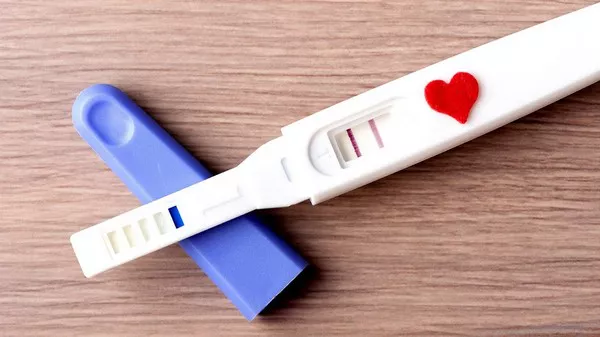Research published in the journal Human Reproduction has unveiled a potential link between job loss, either by the pregnant woman or her partner, and an elevated risk of miscarriage or stillbirth. While the study does not definitively establish causation, it does emphasize a notable association between pregnancy loss and job loss.
Dr. Selin Köksal, leading the study at the Institute for Social and Economic Research at the University of Essex, UK, stressed that the findings do not prove that losing a job directly leads to pregnancy loss. The research analyzed data from the “Understanding Society” survey, encompassing 40,000 UK households from 2009 to 2022, with complete information on conception dates and pregnancy outcomes for 8,142 pregnancies.
Among these pregnancies, 11.6% resulted in miscarriage (947 cases), which could be an underestimate due to early pregnancy loss that often goes undetected. There were 38 stillbirths, accounting for 0.5% of conceptions, in line with official UK stillbirth statistics.
Among 136 women affected by job loss, 23.5% experienced a miscarriage, and 0.7% had a stillbirth. In contrast, among 8,006 women unaffected by job loss, 10.4% had a miscarriage, and 0.5% had a stillbirth.
Dr. Alessandro Di Nallo, co-author of the study from Bocconi University, Milan, Italy, suggested that stress, reduced access to prenatal care, or lifestyle changes might explain the observed associations. Job loss often leads to economic uncertainty, potentially prompting people to postpone family planning. Stress can trigger physiological responses, releasing hormones linked to a higher risk of miscarriage or premature delivery. Additionally, income reduction following job loss might limit access to prenatal care or discourage compliance, resulting in late or undetected at-risk pregnancies.
Dr. Köksal emphasized the importance of awareness regarding women’s legal rights and workplace protection during pregnancy, advocating for greater psychological support through the public health system for pregnant women and their partners. The study suggested that policymakers could consider extending job loss protection to partners of pregnant women and increasing economic support for individuals who lose their jobs.
The study has limitations, including self-reported pregnancy and job loss data, potential recall bias, and the absence of information regarding different socioeconomic groups. The researchers also indicated interest in exploring whether more generous welfare systems in other countries are more effective in reducing the psychosocial hardships of job loss.
Dr. Köksal concluded that the findings highlight a potential socioeconomic factor in pregnancy loss that could be addressed through effective policymaking, ultimately reducing the risk of pregnancy complications due to job loss.


